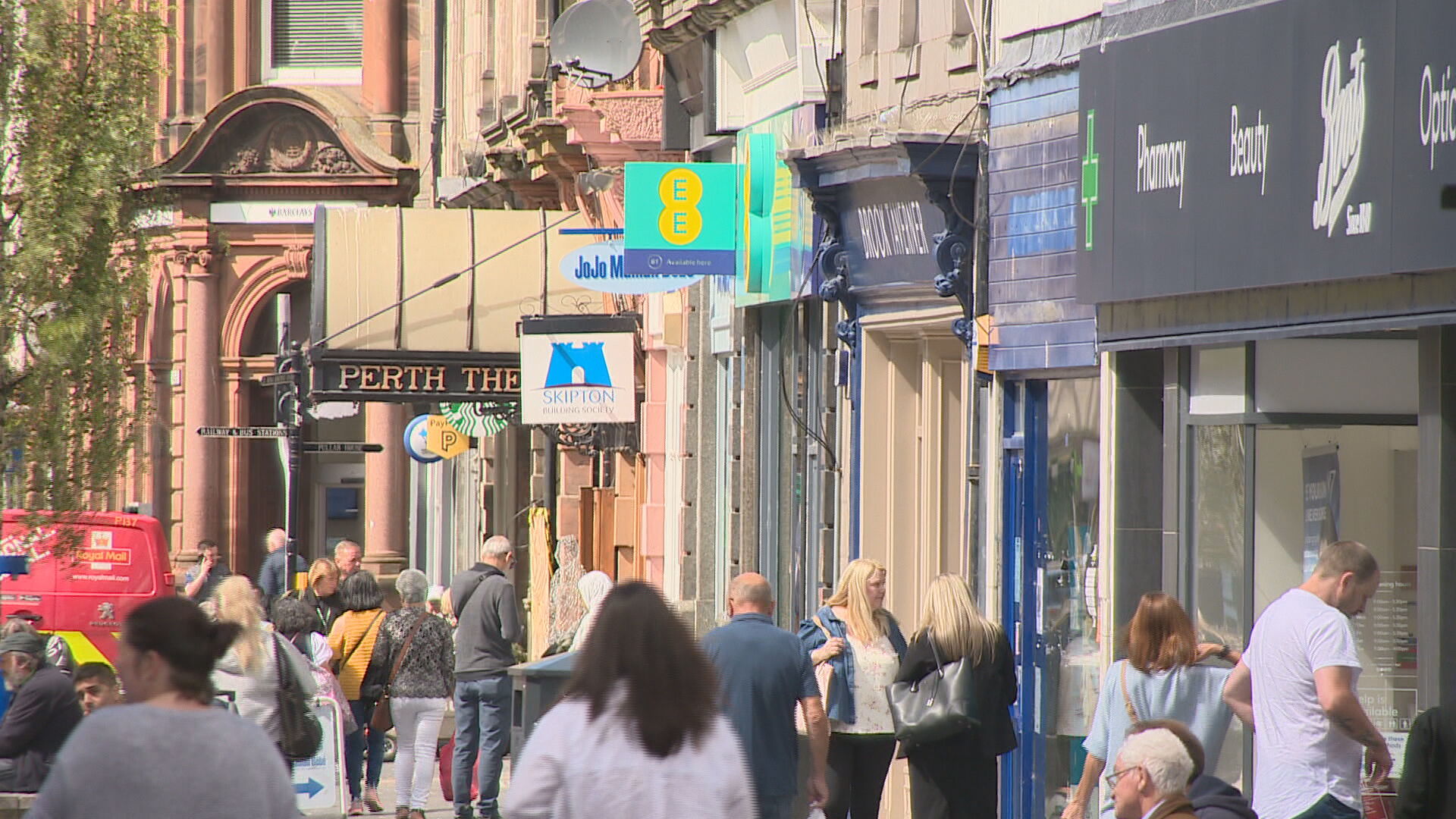New chancellor Jeremy Hunt has dramatically scaled back support for household energy bills and ditched tax cuts promised by his predecessor Kwasi Kwarteng.
He made the announcement on Monday morning in a bid to restore stability following weeks of turmoil on the financial markets.
But what do the new plans mean for your and your finances?
Energy
What was announced?
- Truss announced support for households facing rising energy costs before the mini-budget on September 23
What has changed?
- The energy price guarantee was meant to last for two years but will now only be in place until April next year
- A Treasury-led review will look at what measures should be put in place after this date. It will look to target help for those most in need
 iStock
iStockHunt announced on Monday that universal government energy bills support will be scaled back from April and will become targeted after that.
Under the UK Government’s energy price guarantee, an average household was set to pay up to an average of £2,500 a year for the next two years.
That amount is more than £1,000 less than the £3,549 average bills would have risen to on October 1 without UK Government intervention.
However, Hunt said the energy price guarantee would now be reviewed and changed in April 2023, meaning payments will likely increase next year for many families.
Every household in the UK is entitled to receive a one-off £400 fuel bill discount this winter.
The money is being paid in six instalments, with a discount of £66 applied to energy bills in October and November, rising to £67 each month from December through to March 2023 – when the new “targeted approach” will come into effect.
Remember, you could still be charged more depending on how much energy you use. Overall, household bills will still be 96% higher than last year.
There’s no cap on how much you pay.
The cap is actually on the standing charges and the unit rates for gas and electricity, and this means if you use more energy, you’ll pay more.
Income tax
What was announced?
- Cut in basic rate of income tax to 19% from April 2023
- Government estimates 31 million people getting £170 a year more
- 45% higher rate of income tax abolished for England, Wales and Northern Ireland taxpayers. The Scottish Parliament has power to set rates and bands in Scotland.
- One single higher rate of income tax of 40% from April next year
What has changed?
- The basic rate of income tax will remain at 20%. The cut in the basic rate has been put on hold “indefinitely”
- The UK Government had already U-turned on the 45p higher rate change, which is no longer going ahead
 iStock
iStockThe UK Government will scrap plans to reduce the basic rate of income tax from 20% to 19% in April next year, a move that had been forecast would cost the Exchequer almost £5.3bn in 2023-24.
Hunt also said he is abandoning plans to cut the basic rate of tax by 1p – which had been due to be brought forward to April – and that it would remain at 20p in the pound until the country can afford to reduce it.
The cut in dividend tax promised by his predecessor will also go, along with VAT-free shopping for overseas tourists, the freeze on alcohol duty, and the easing of the IR35 rules for the self-employed.
An average UK earner on a £30,000 salary will lose a £174 boost that would have come next year if plans to cut the basic rate of income tax to 19% had gone ahead, according to analysis.
However, they will still be around £218 better off due to the scrapping of the 1.25 percentage point increase in national insurance, which has been kept in place, according to wealth managers Quilter.
Corporation tax
What was announced?
- Cancel UK-wide rise in corporation tax which was due to increase from 19% to 25% in April 2023
What has changed?
- UK corporation tax will go up from 19% to 25% in April 2023 after all
 STV News
STV NewsTruss’ rival for the Conservative leadership, Rishi Sunak, had set out plans to raise corporation tax to 25%.
He announced the increase in March while in his role as chancellor under then PM Boris Johnson.
But Truss pledged to scrap the planned increase, claiming it would have been “wrong” to raise the tax while trying to attract investment into the UK.
Then, at a news conference on Friday, she performed a major U-turn and announced she was ditching her plan to scrap the increase in corporation tax.
What else has been cancelled?
Other measures that have been cancelled include:
- IR35 rules – the rules which govern off-payroll working – to be simplified
- VAT-free shopping for overseas visitors
- A freeze on alcohol duty

Hunt said the tax measures alone will bring in £32bn after economists estimated the UK Government is facing a £60bn black hole in the public finances.
In a televised statement, the chancellor – who only took office on Friday – warned of more “tough” decisions to come.
“Governments cannot eliminate volatility in markets but they can play their part and we will do so,” he said.
Hunt said he will continue with the decision to reverse the increase in national insurance contributions and a reduction in stamp duty, which are already going through the UK Parliament.
The stamp duty reduction does not apply in Scotland, however, as Revenue Scotland is responsible for the collection of devolved taxes in Scotland, which includes the Land and Buildings Transaction Tax (which replaced stamp duty in 2015).
Summary
Here are the main points in Hunt’s emergency statement on the medium-term fiscal plan:
- Planned cut to stamp duty to remain, as will the government’s reversal of the 1.25 percentage point increase in national insurance contributions
- Help with energy bills for households will only last until April, with a review to find a “new approach” that will “cost the taxpayer significantly less”
- The basic rate of income tax will remain at 20p indefinitely
- Planned cut to income tax to be scrapped
- Abolition of the health and social care levy remains
- Removing the cap on bankers’ bonuses remains
Follow STV News on WhatsApp
Scan the QR code on your mobile device for all the latest news from around the country


 iStock
iStock
























